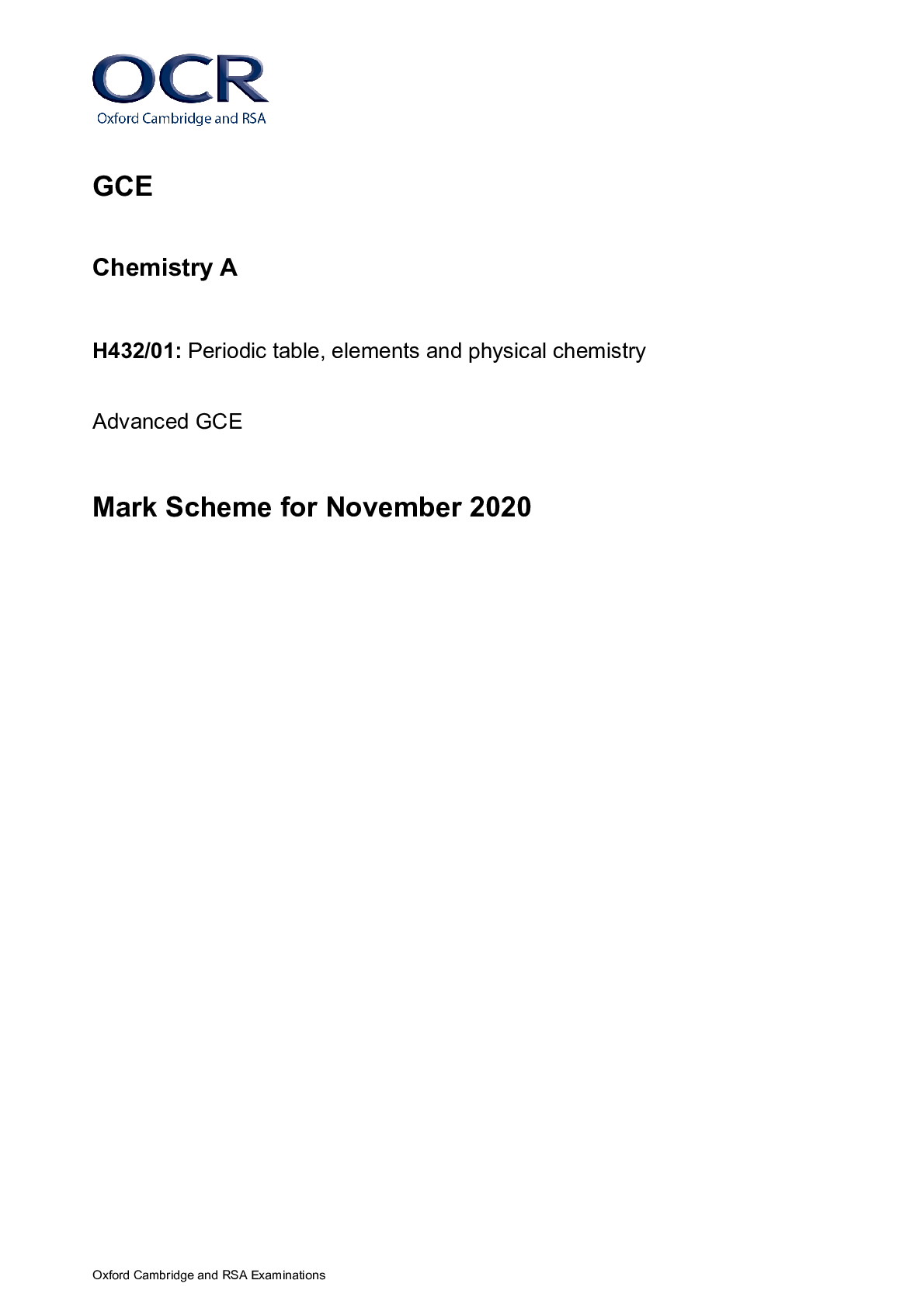English > GCSE MARK SCHEME > Pearson Edexcel International GCSE In English Language (4EA1) Paper 2: Poetry and Prose Texts and Im (All)
Pearson Edexcel International GCSE In English Language (4EA1) Paper 2: Poetry and Prose Texts and Imaginative Writing Mark Scheme (Results) January 2022
Document Content and Description Below
Question Number Indicative content 1 Reward responses that explain how the writer creates sympathy for the soldier. Responses may include the following points about how the soldier feels: • th... e soldier is feeling cold and unhappy in the opening of the poem, which is repeated in the final stanza to create sympathy for him: ‘He sat in a wheeled chair, waiting for dark’, ‘shivered’, ‘How cold and late it is!’ • there is a poignant sadness when the soldier hears children in the park, reminding him of the free, happy life they have and how he would like to be ‘mothered’: ‘Voices of play and pleasures’ • memories of the soldier’s past social life (‘About this time Town used to swing so gay’), friends who carried him ‘shoulder-high’, and a girlfriend, ‘to please his Meg’, emphasise how he feels lonely and isolated now, ‘waiting for dark’ when it is ‘cold and late’ • the poet’s reference to past times where the soldier was feeling ‘how slim/Girls’ waists are’, playing football and ‘drunk a peg’, contrasts with his present sadness and almost panic-like state: ‘Why don't they come?’ • the soldier feels as if he is repulsive and old: ‘All of them touch him like some queer disease’, ‘Now, he is old’ • there is a sharp contrast between the youthfulness the soldier felt before he joined the war: ‘For it was younger than his youth’, and how, in a short space of time, he now feels that he is old: ‘Now, he is old’, ‘half his lifetime lapsed’ • the soldier’s feelings of helplessness as he cannot move himself, ‘Why don't they come/And put him into bed’, is cruelly emphasised by the poet’s description of how he used to be an active sportsman: ‘It was after football’ • there is sad irony in the way that at one time the soldier liked to feel the pain from aggression and competition: ‘One time he liked a bloodsmear down his leg’, but now he has no legs in which to feel pain • the soldier considers why he joined the war, ‘He wonders why’, and there is a sense that he joined the army to please other people: ‘to please his Meg’, ‘to please the giddy jilts’ • the poet presents the soldier as naïve about the war when he signed up as he felt that it would be exciting to be part of something and get paid: ‘He thought…of smart salutes;/And care of arms; and leave; and pay arrears;/Esprit de corps…’ • there is a feeling that the soldier’s future will be dictated by others, for example in an institution: ‘And do what things the rules consider wise,/And take whatever pity they may dole’. This creates a cruel https://britishstudentroom-b430a.web.app/6 contrast with his life of choice and freedom before, creating sympathy for him • the description of the ‘strong men that were whole’ emphasises the soldier’s feeling of being deficient. Responses may include the following points about how the soldier is treated before and after he is injured: • the soldier’s solitude and feeling of imprisonment are emphasised by the children in the park, and the voices of the boys in the park show how they experience the freedom of youth: ‘Voices of play and pleasures after day’, but their voices have a negative effect on the soldier, who feels they ‘rang saddening like a hymn’ • the poet shows the warmth and tenderness of past relationships the soldier had through the description of how the ‘girls glanced lovelier’ and how he has felt ‘how slim/Girls’ waists are, or how warm their subtle hands’ • this is contrasted with the reactions of women to him now: ‘All of them touch him like some queer disease’. The changes in women’s reactions to him show that the soldier feels he is no longer attractive: ‘he noticed how the women's eyes/Passed from him’ • there is emphasis on how the soldier was once young and attractive to contrast with how he feels about himself and how others treat him in the present: an artist is described as ‘silly for his face’, and ‘Someone had said he'd look a god in kilts’ • the isolation of the soldier in the present is contrasted by the way he was once surrounded by team-mates when he played football, who carried him ‘shoulder-high’ as if he were a hero • the people who signed the soldier up to join the army are described only as ‘they’, suggesting some nameless group who had no interest in what was best for him: ‘He didn’t have to beg’, ‘Smiling they wrote his lie’ • the poet uses the words ‘Some’ and ‘they’ to show how people generally are no longer interested in the soldier after he is injured: ‘Some cheered him home’, ‘take whatever pity they may dole’ • after his injuries the only visitor the soldier had was ‘a solemn man’, whose behaviour suggested he felt sorry for him as he ‘brought him fruits/Thanked him; and then inquired about his soul’ • the end stanza shows how the treatment of the soldier is like being imprisoned, although he has done nothing wrong: ‘a few sick years in Institutes’, ‘do what things the rules consider wise’. Responses may include the following points about the use of language and structure: • the use of rhyme in the poem creates emphasis by connecting rhyme patterns across stanzas: ‘grey’ and ‘day’ in the first stanza rhyme with ‘gay’ in the second, ‘dry’ and ‘thigh’ in the third stanza with ‘shoulder– high’ in the next, creating a poignant contrast between negative and positive • use of alliteration shows the repetitive nature of the soldier’s life now he is disabled, creating a feeling of lack of progression and end of life: ‘wheeled chair, waiting for dark’, ‘back will never brace’; the contrast https://britishstudentroom-b430a.web.app/7 with his previous life also shows the cruelty of what has happened to him: ‘play and pleasures’, ‘girls glanced’, ‘smart salutes’ • the use of colour symbolism shows the lack of life the soldier now has: ‘ghastly suit of grey’, ‘He’s lost his colour’; the poet creates a stark contrast with the colourful description of the ‘leap of purple’ and the ‘blood-smear down his leg’ • verbs used to describe the soldier’s current state create sympathy for him as they are passive and negative: ‘sat’, ‘waiting’, ‘take’, ‘Passed’, ‘put’; this contrasts with verbs used to describe the soldier’s previous life which are active and full of energy, the contrast showing the brutality of war: ‘swing’, ‘budded’, ‘threw’, ‘lost’, ‘Poured’, ‘spurted’, ‘cheered’ • enjambement is used in the poem to create emphasis for the reader on the soldier’s situation and feelings: ‘Legless’, ‘Smiling’, ‘Of Fear’ • the poet uses repetition to demonstrate the repetitive nature of the soldier’s current life: ‘Voices of…’, ‘And girls…’, ‘And half…’; the repetition of ‘Why don’t they come’ at the end of the poem shows fear and loneliness, creating a feeling of sadness and sympathy for the soldier • similes are used to create a feeling of sadness about the soldier’s current situation: ‘Voices of boys rang saddening like a hymn’, ‘All of them touch him like some queer disease’ • the poet uses personification to emphasise human feeling, movement and emotion: ‘About this time Town used to swing so gay’. This only emphasises the soldier’s inactivity and unhappiness, showing the painful impact of the war • metaphor is used to emphasise the soldier’s feeling of recklessness in joining the war: ‘before he threw away his knees’, ‘Poured it down shell-holes’ • feelings the soldier has about his present life are described using negative language: ‘Now he will never feel again’, ‘his back will never brace’, ‘not as crowds cheer Goal’, ‘Why don’t they come’ • the use of hyperbole shows how young the soldier looked when he signed up, and how he was younger than nineteen, which creates more sympathy for his innocence: ‘it was younger than his youth’, ‘Smiling they wrote his lie; aged nineteen years’ • the language of age and time shows the changes that have happened to the soldier in a short period: ‘Now, he is old’, ‘half his lifetime lapsed’; this also shows the future he faces: ‘Now, he will spend a few sick years in Institutes’, ‘How cold and late it is!’ • language of uncertainty shows how the soldier risked everything for reasons he is unsure of: ‘He thought he'd better join. — He wonders why’, ‘That’s why; and maybe, too, to please his Meg;/Aye, that was it’ • the use of lists shows what the soldier hoped the army would be like, which contrasts with his present state: ‘He thought of jewelled hilts/For daggers in plaid socks; of smart salutes;/And care of arms; and leave; and pay arrears;/Esprit de corps; and hints for young recruits [Show More]
Last updated: 1 year ago
Preview 1 out of 14 pages
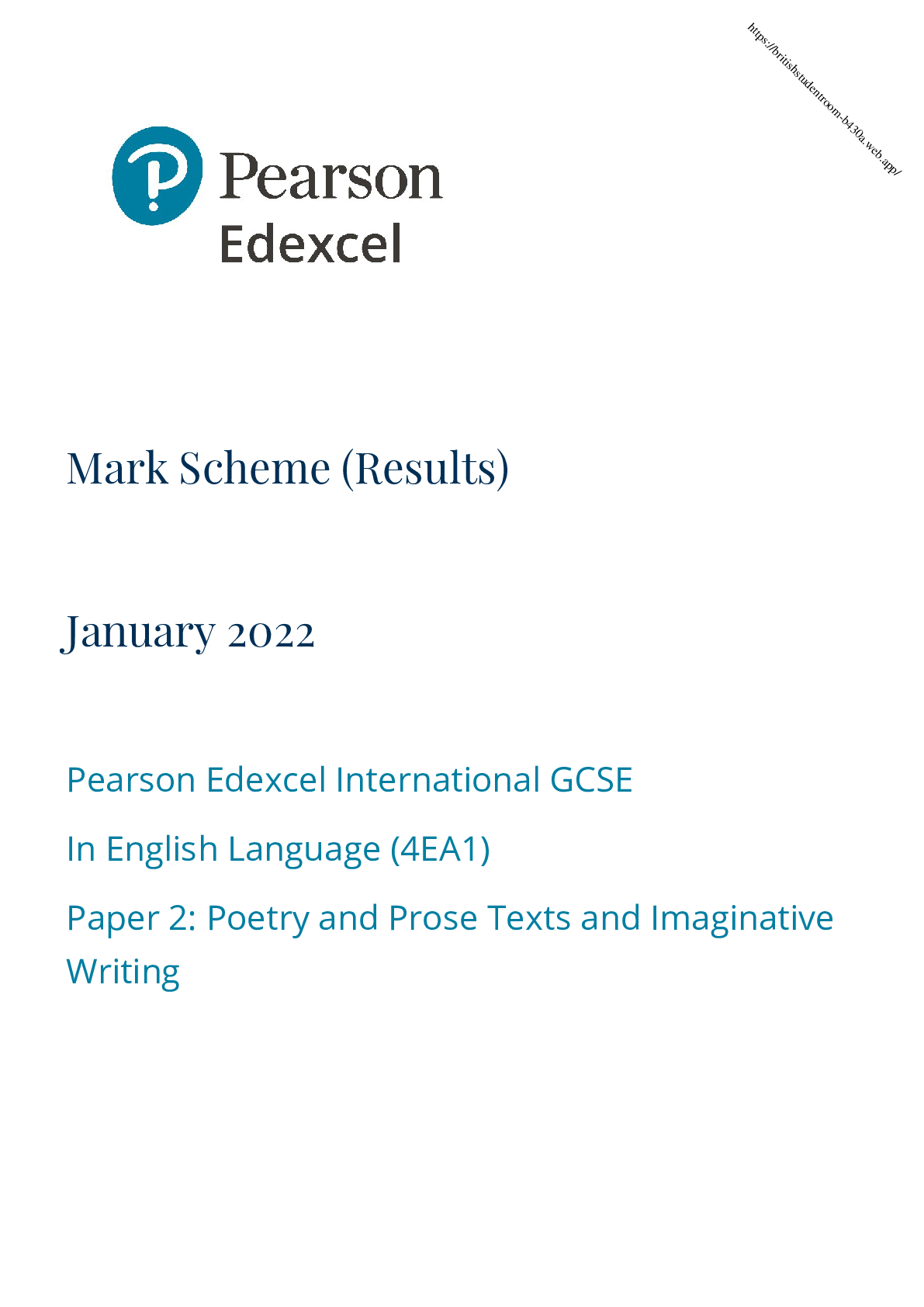
Reviews( 0 )
Document information
Connected school, study & course
About the document
Uploaded On
Jun 26, 2022
Number of pages
14
Written in
Additional information
This document has been written for:
Uploaded
Jun 26, 2022
Downloads
0
Views
154
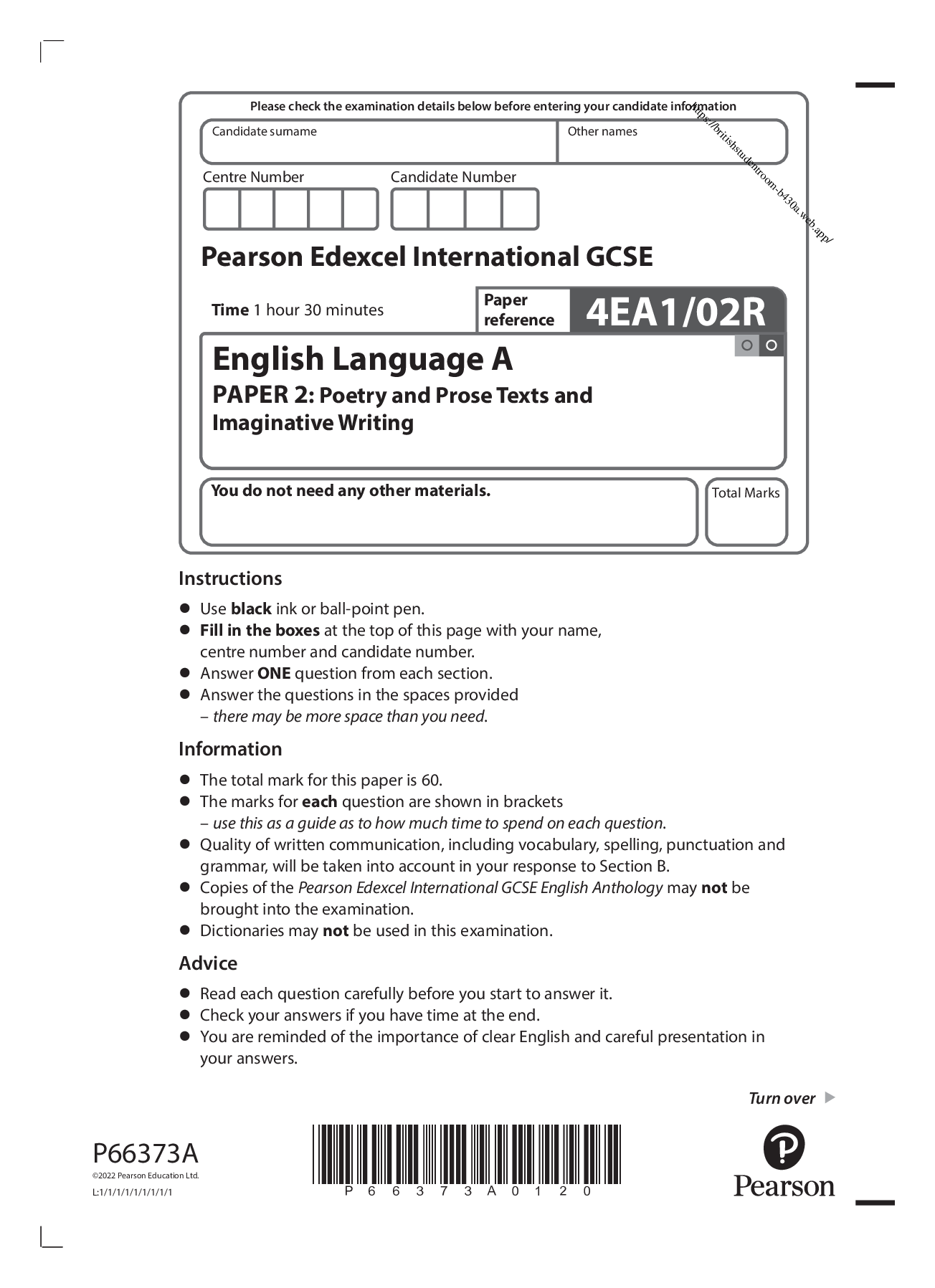

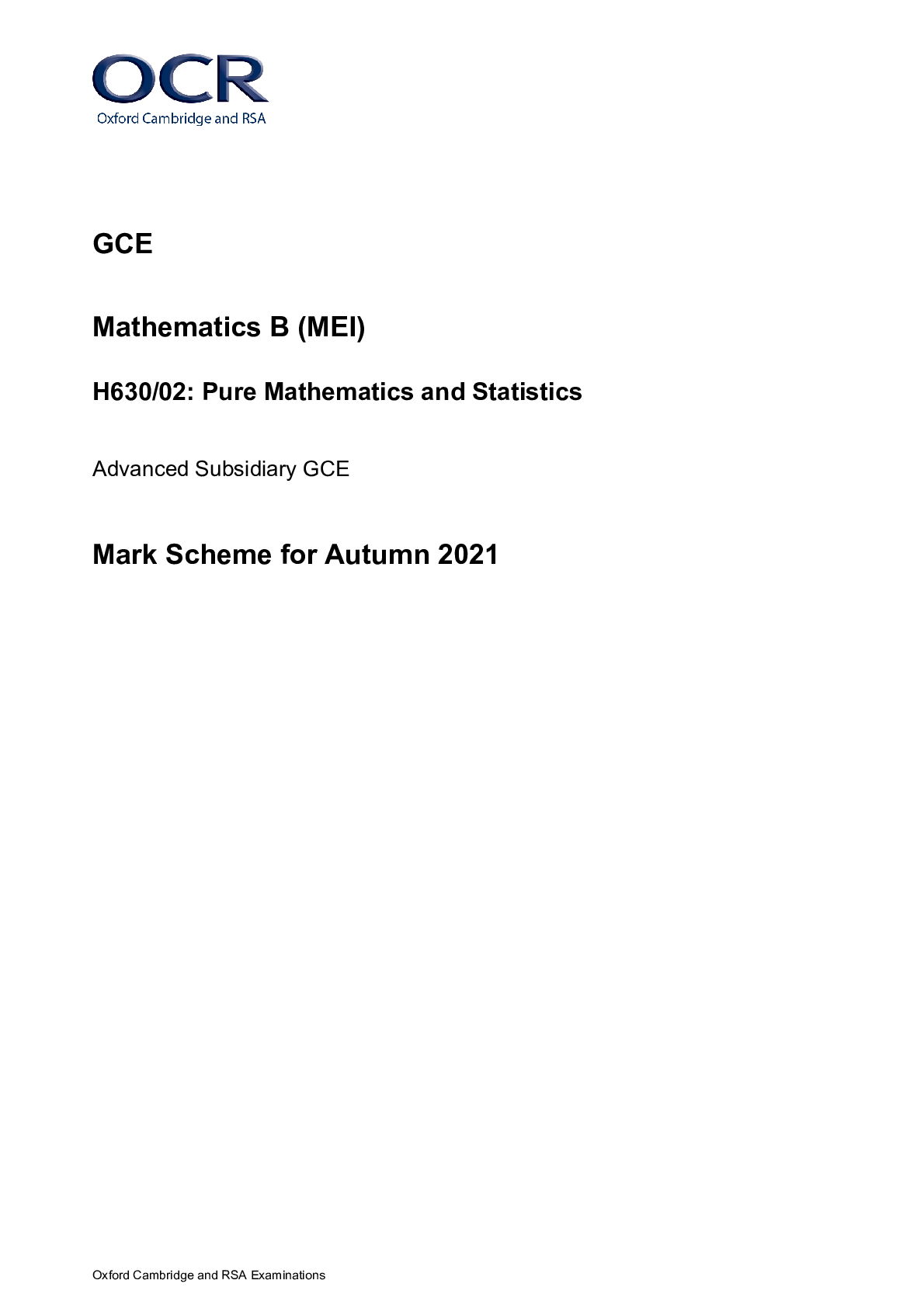
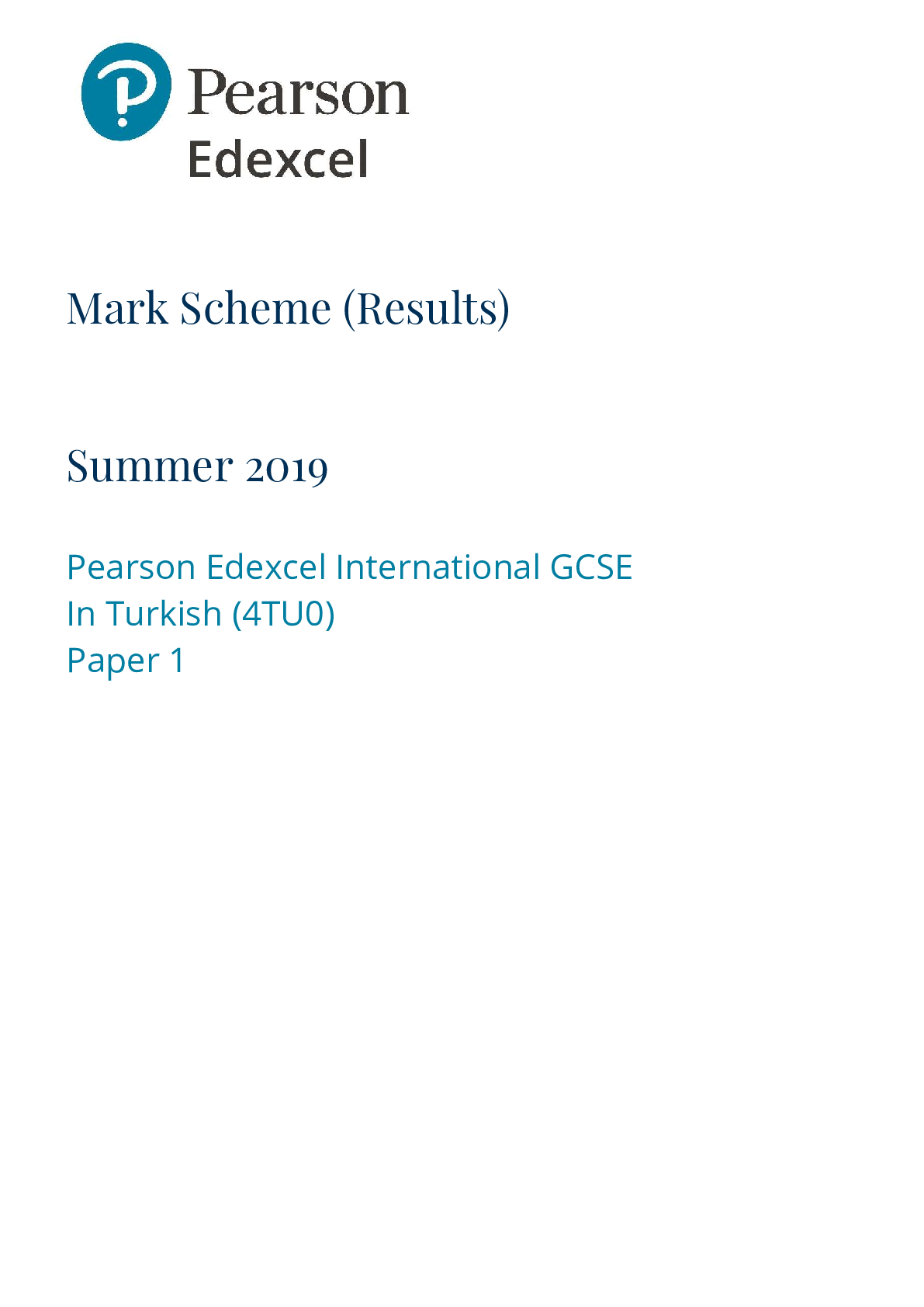
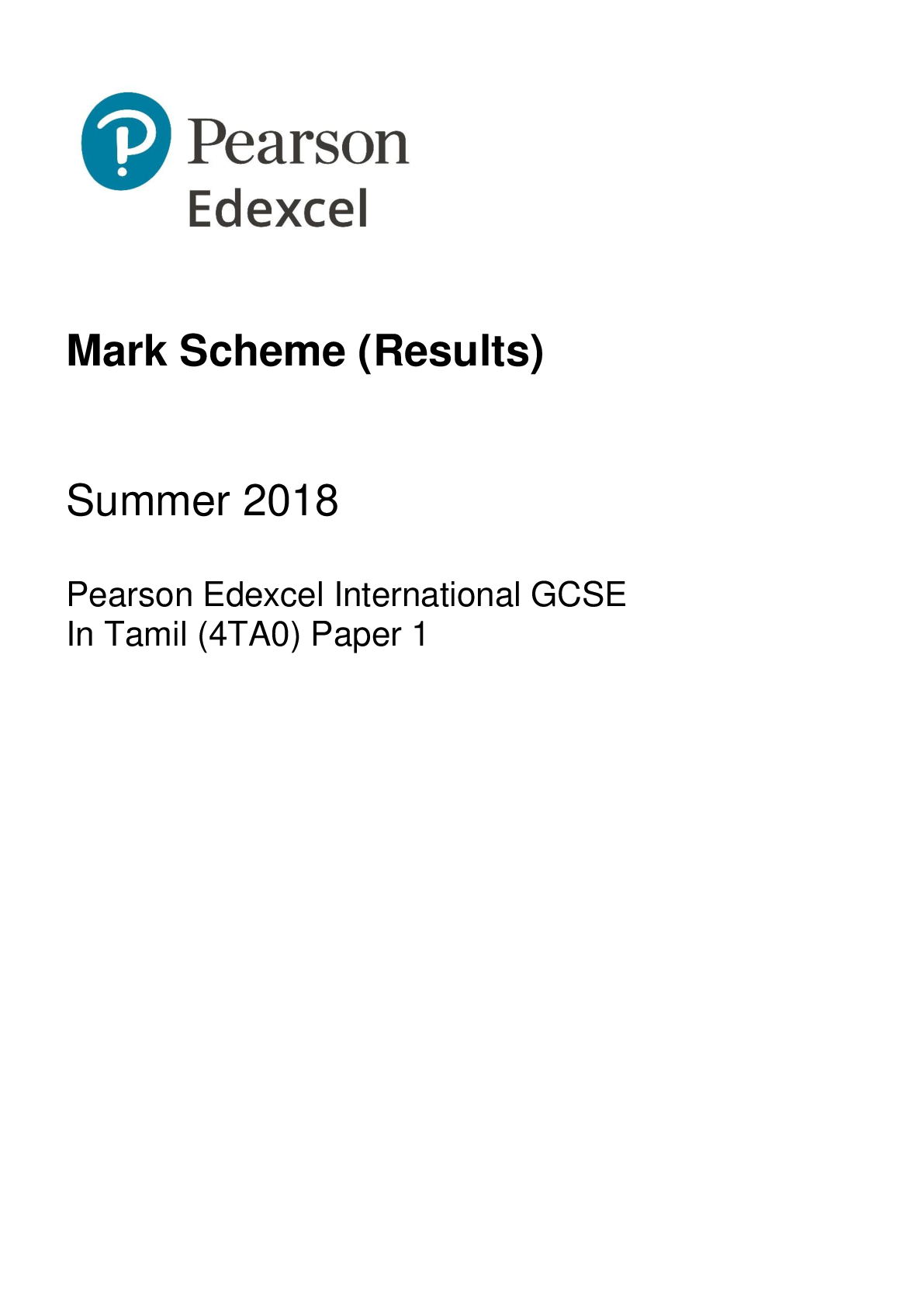
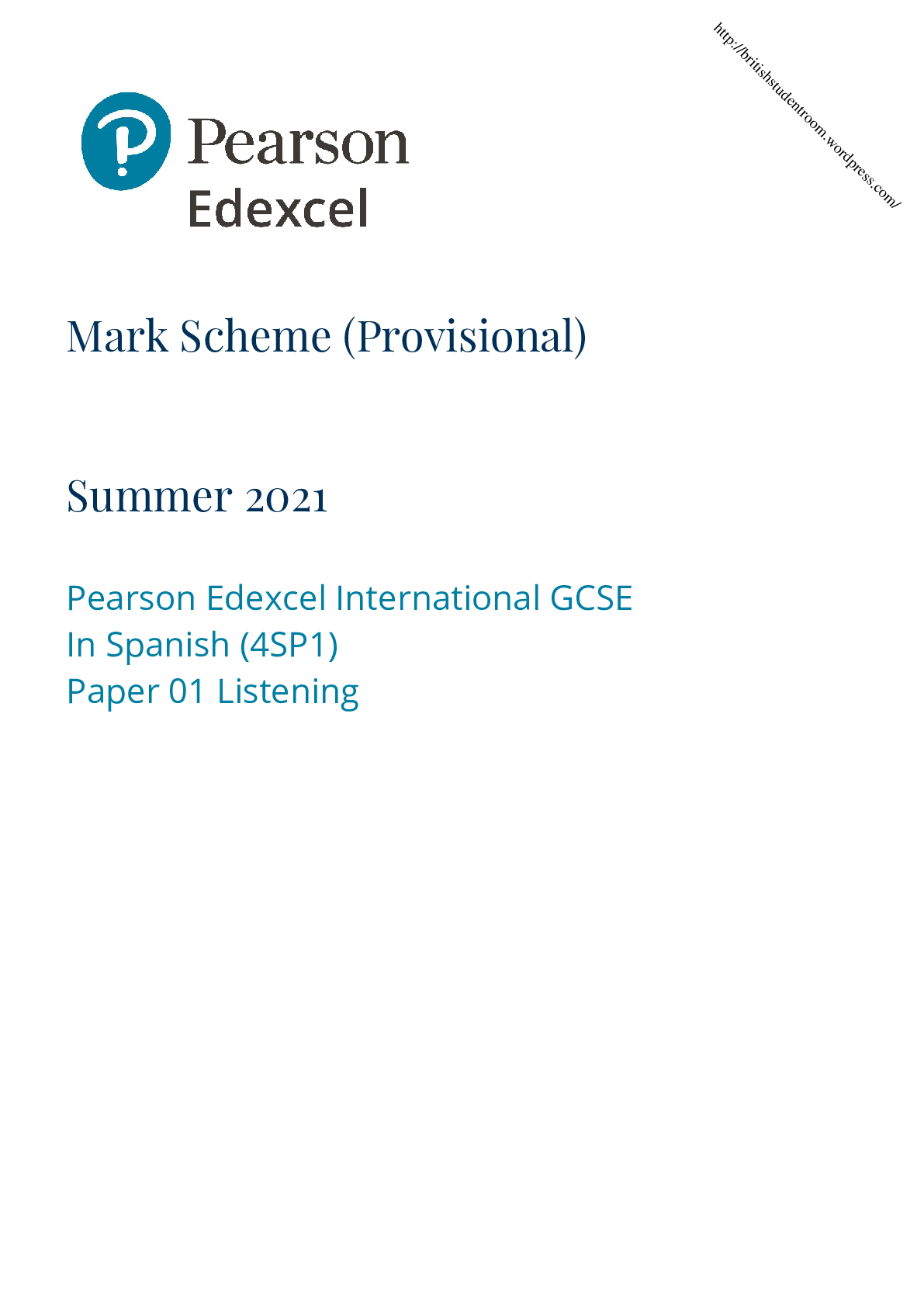
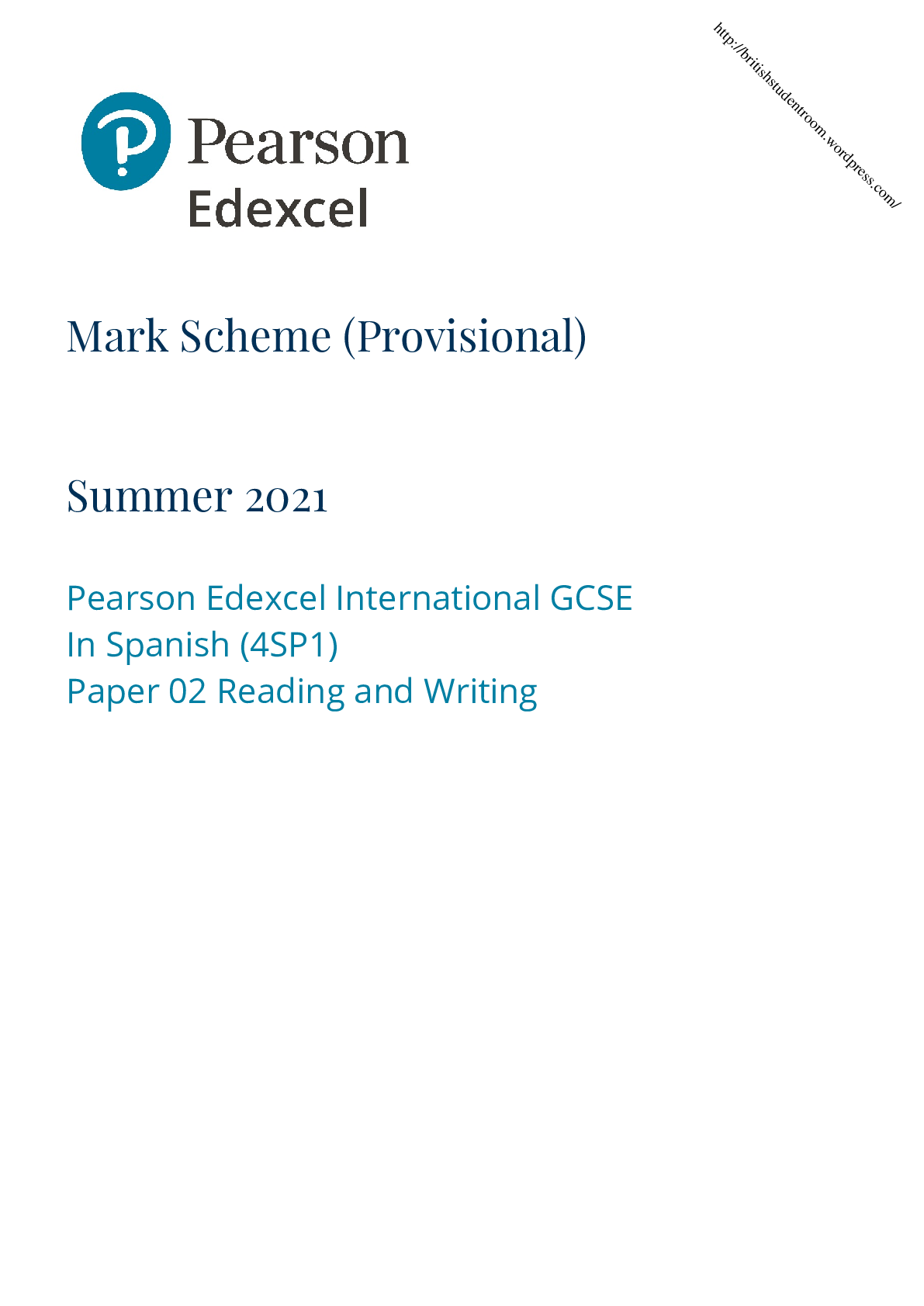
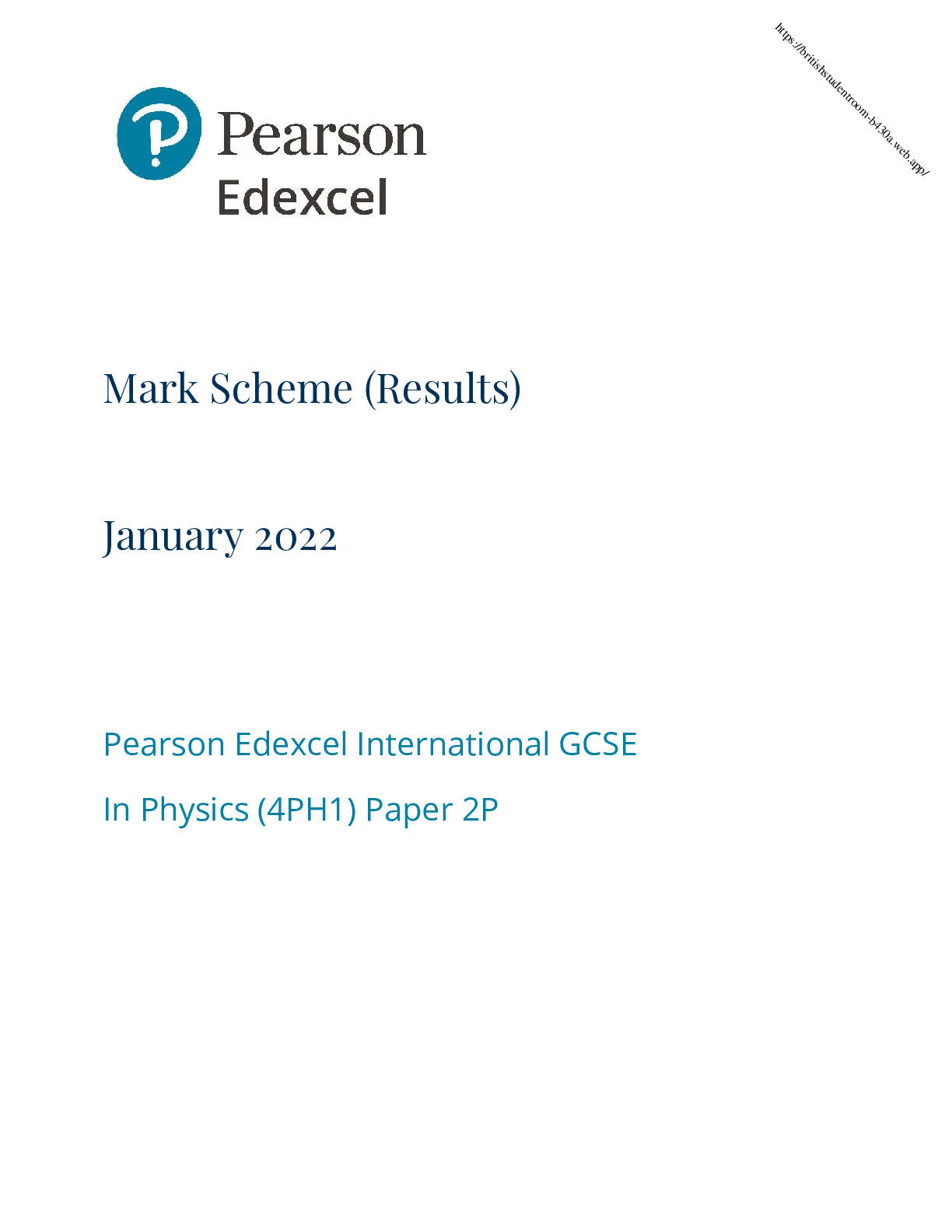
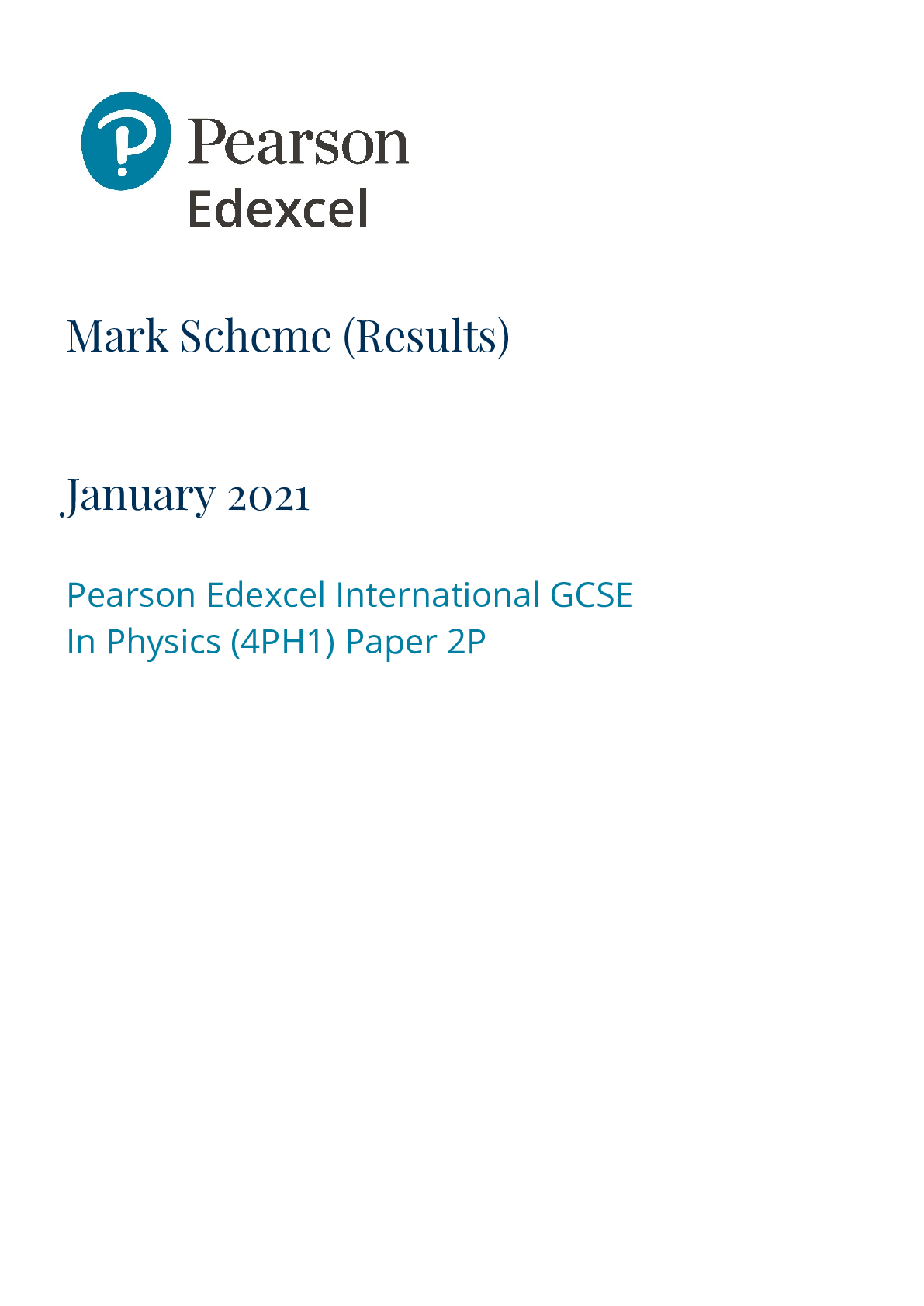
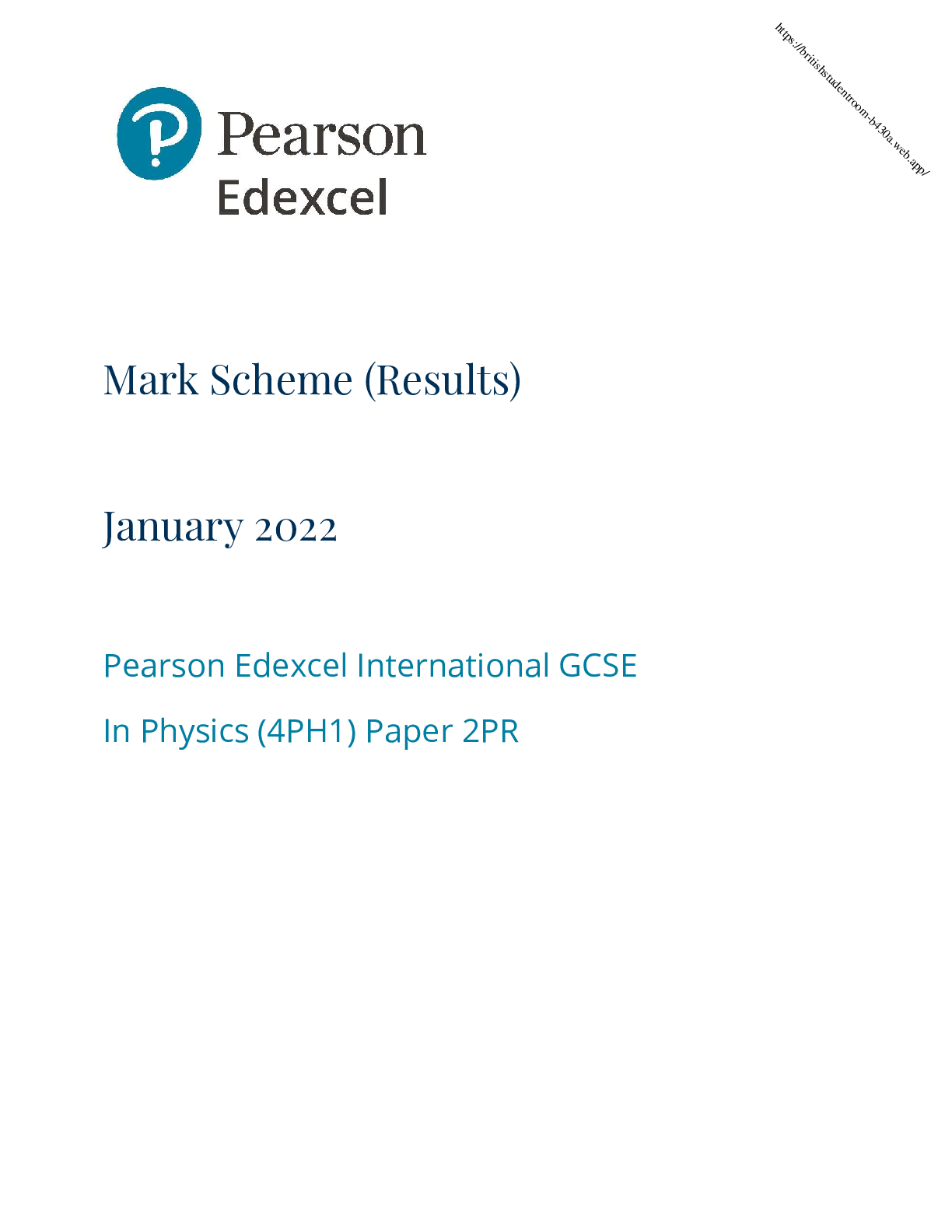
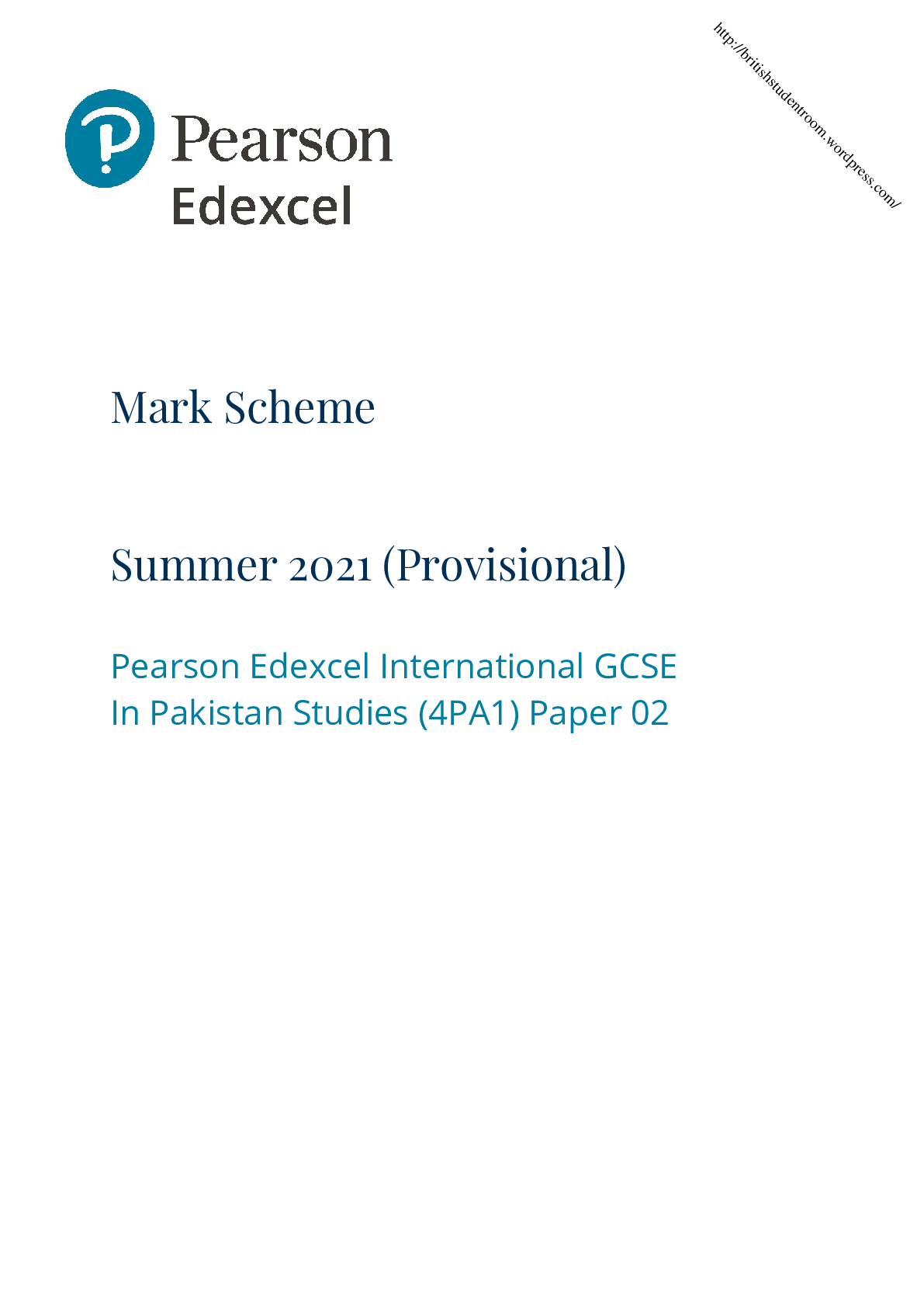
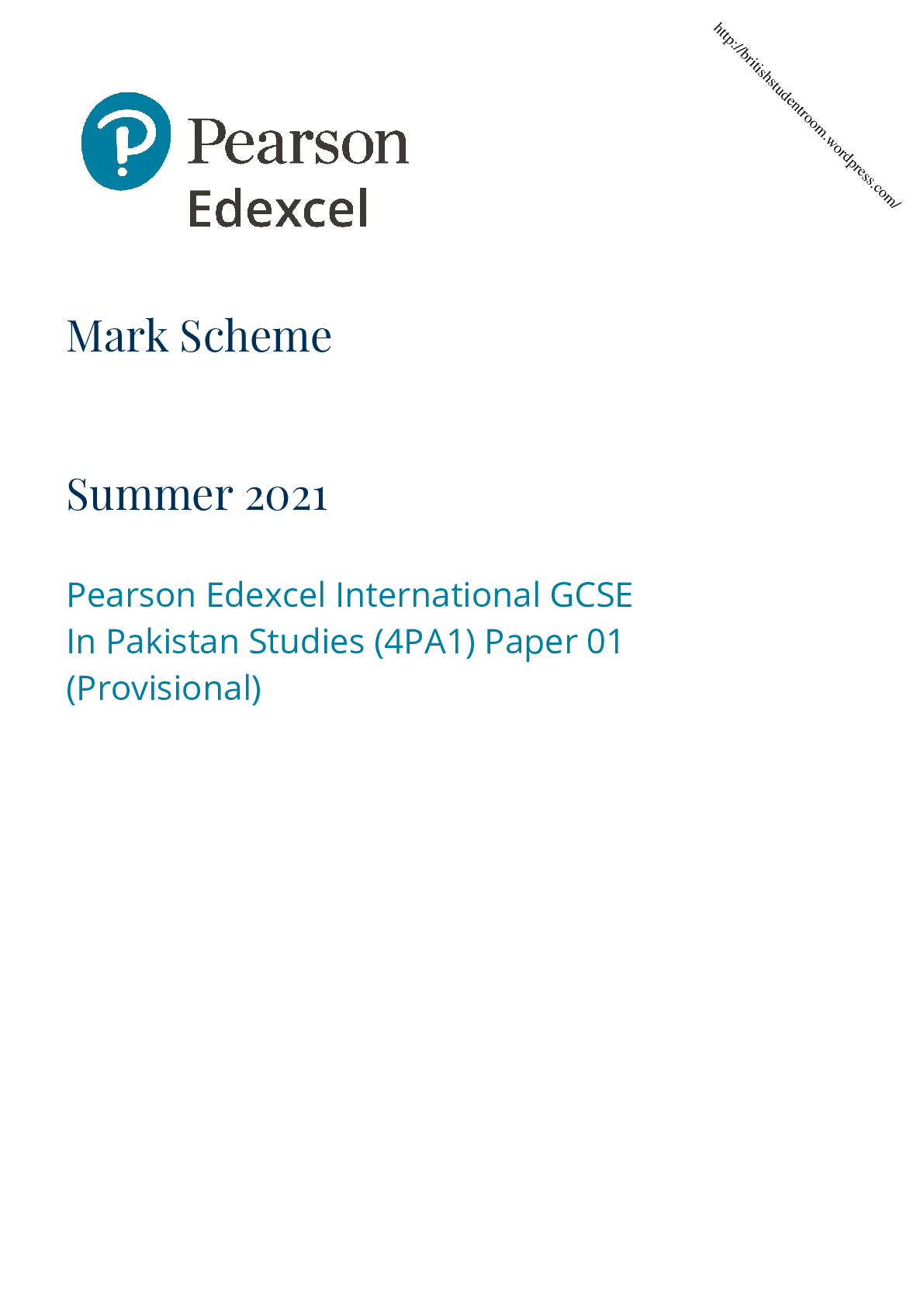
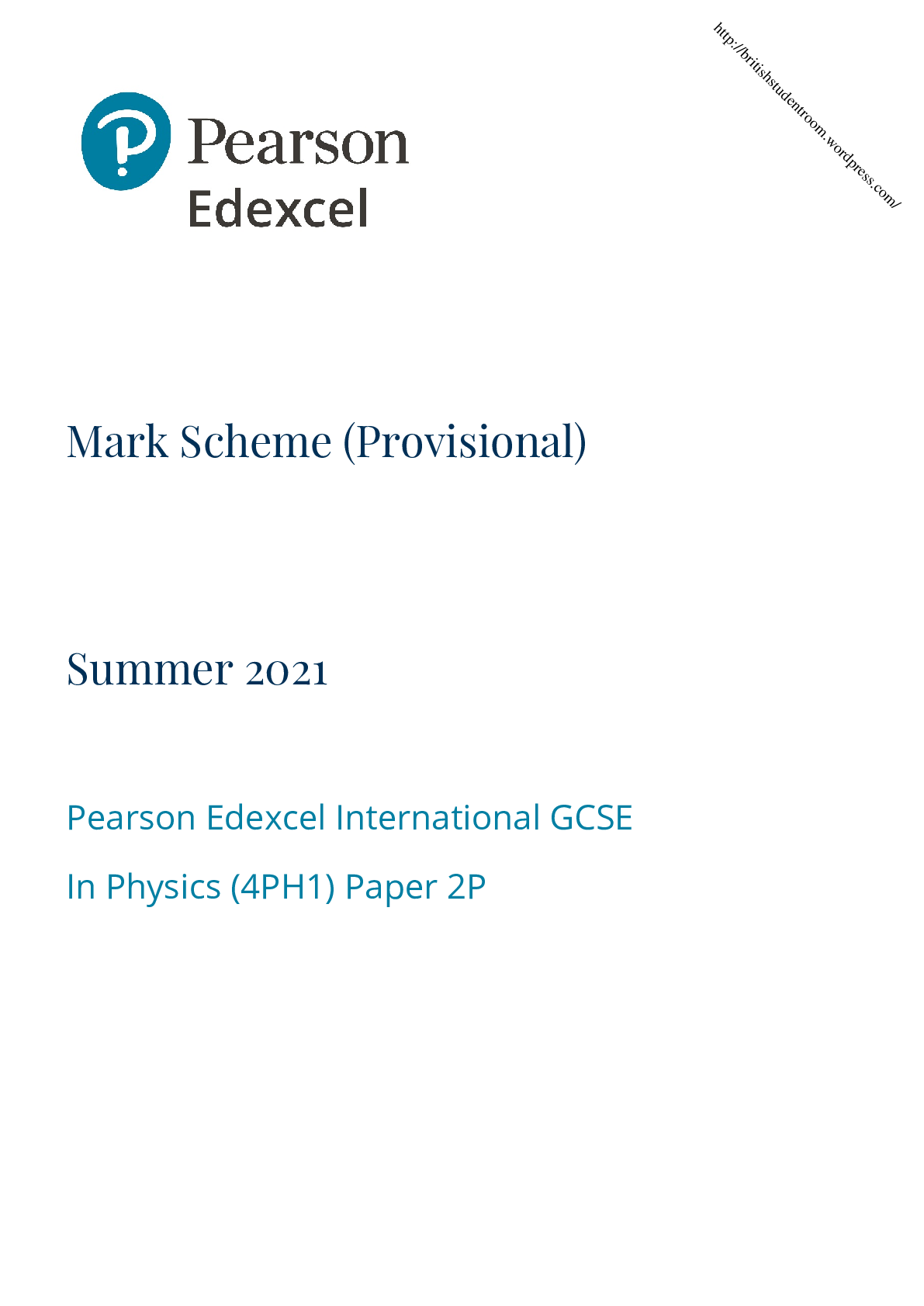


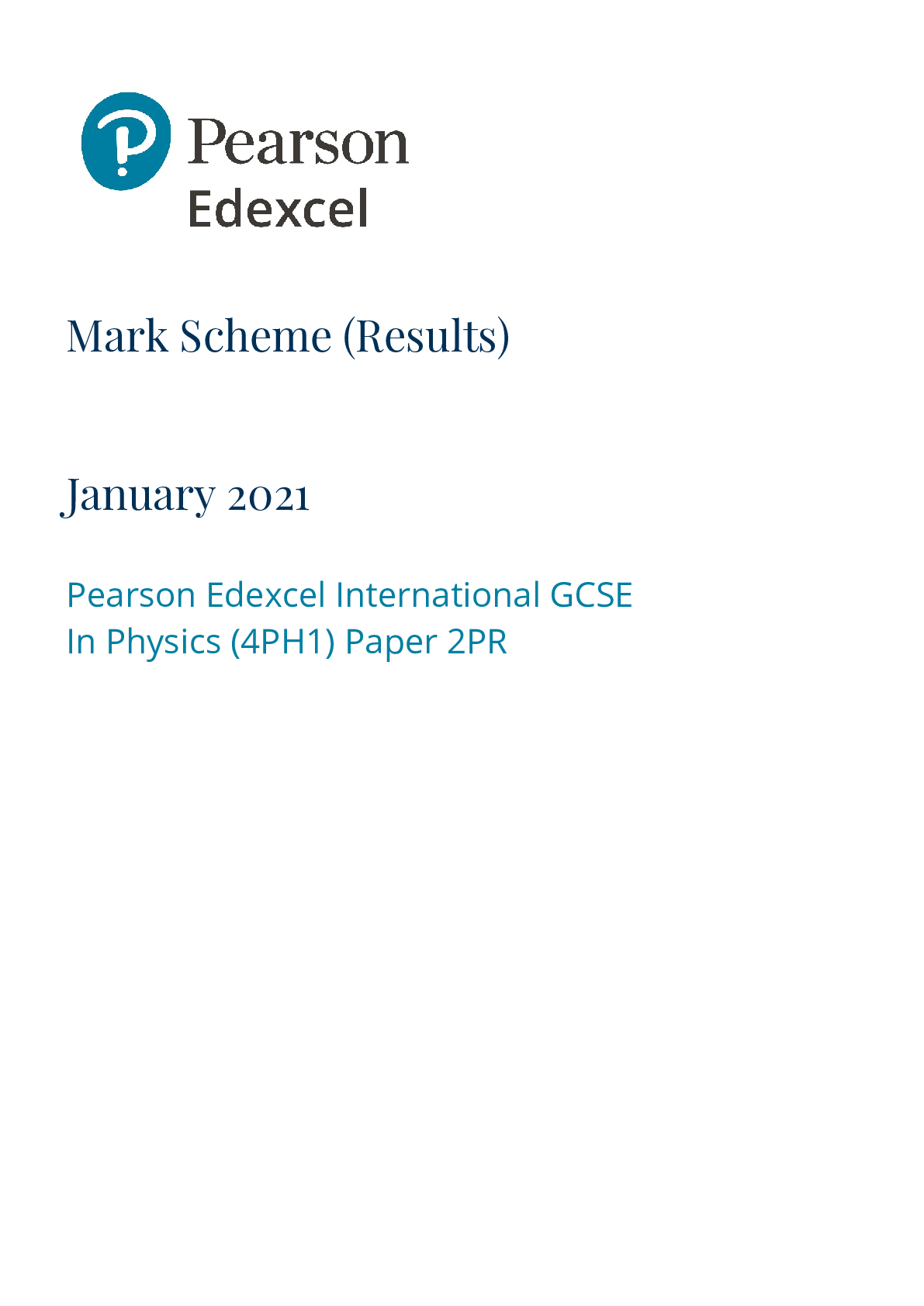

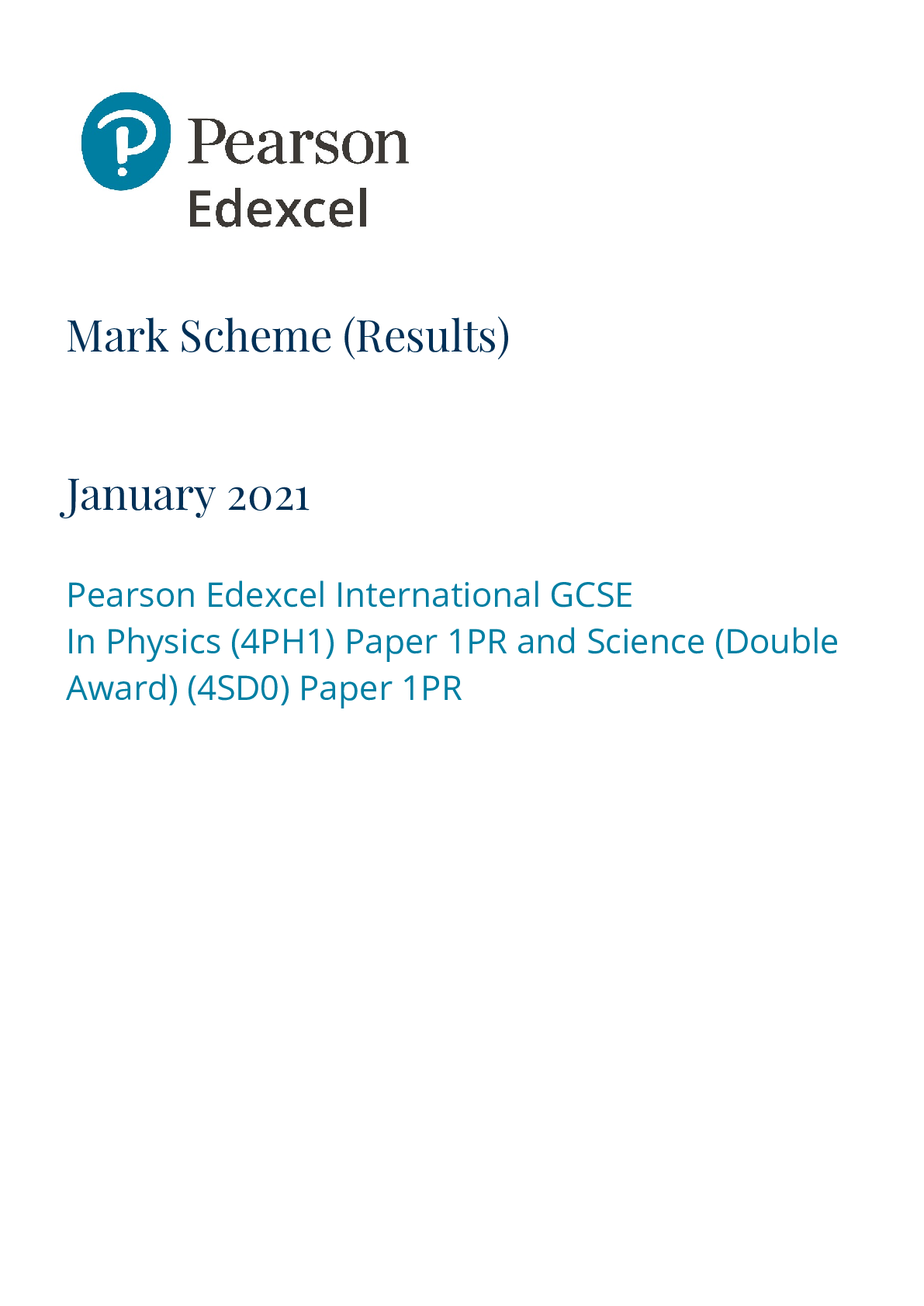
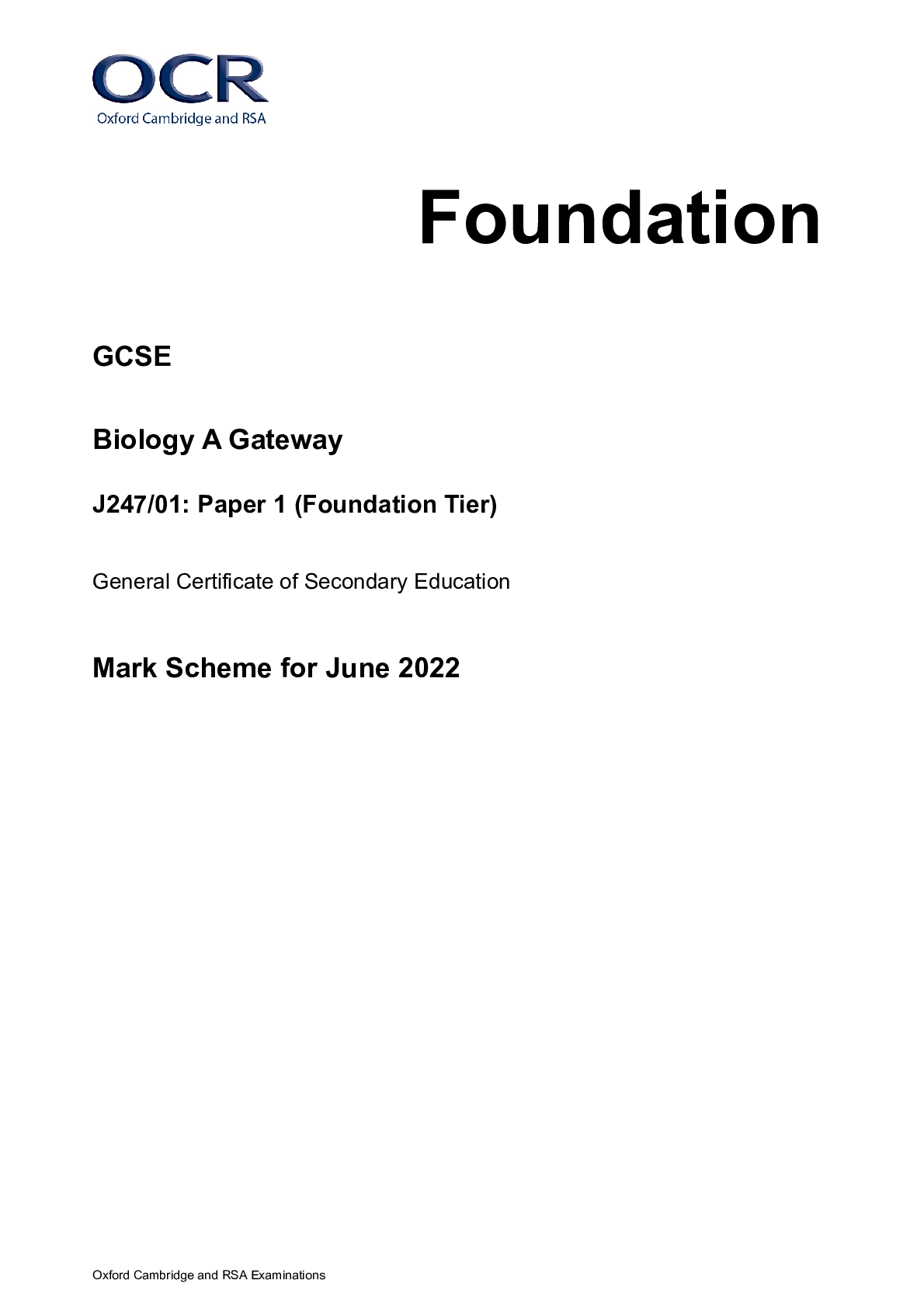
H630-02 Pure Mathematics and Statistics Advanced Subsidiary GCE Mark Scheme for Autumn 2021.png)
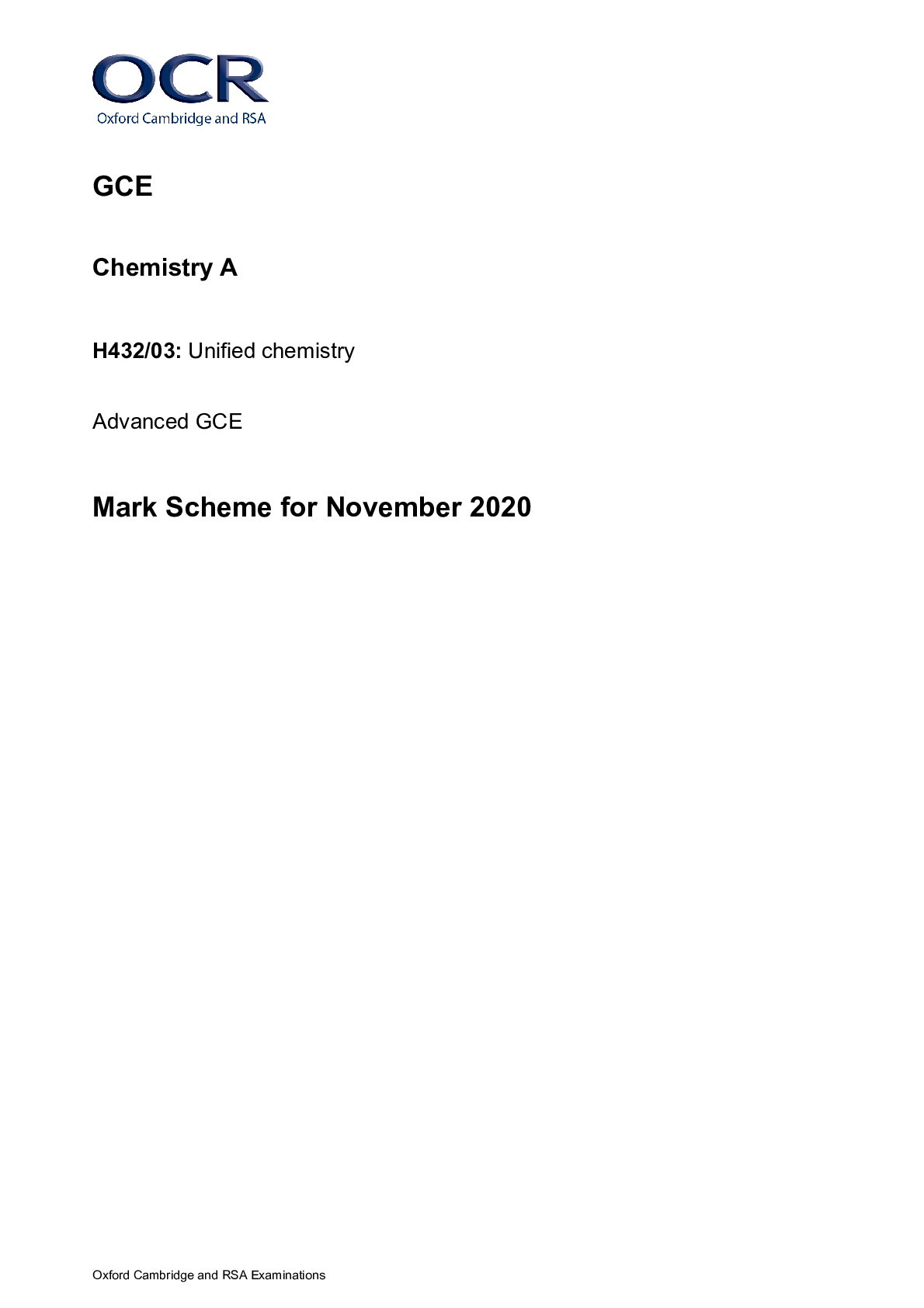
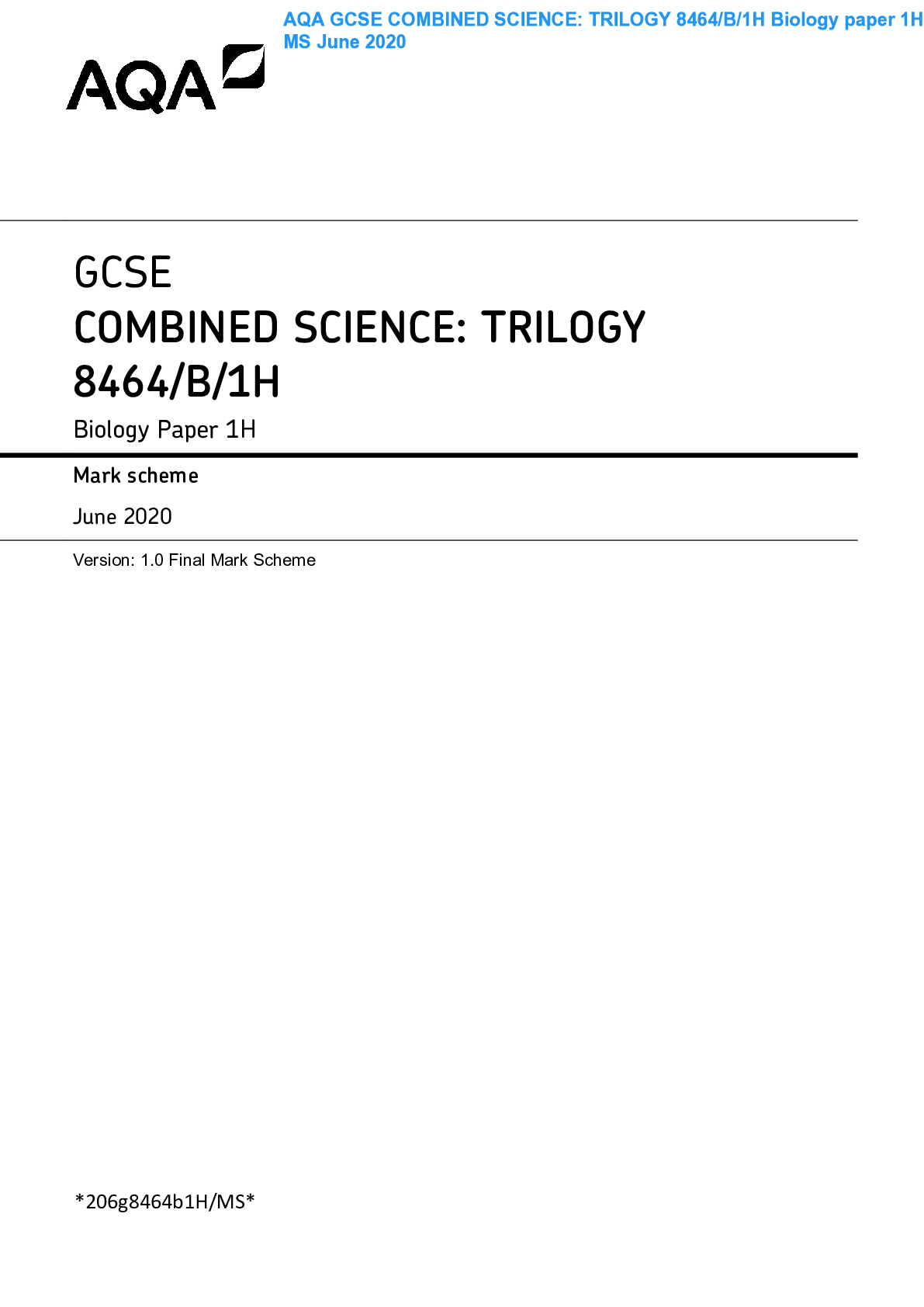
.png)
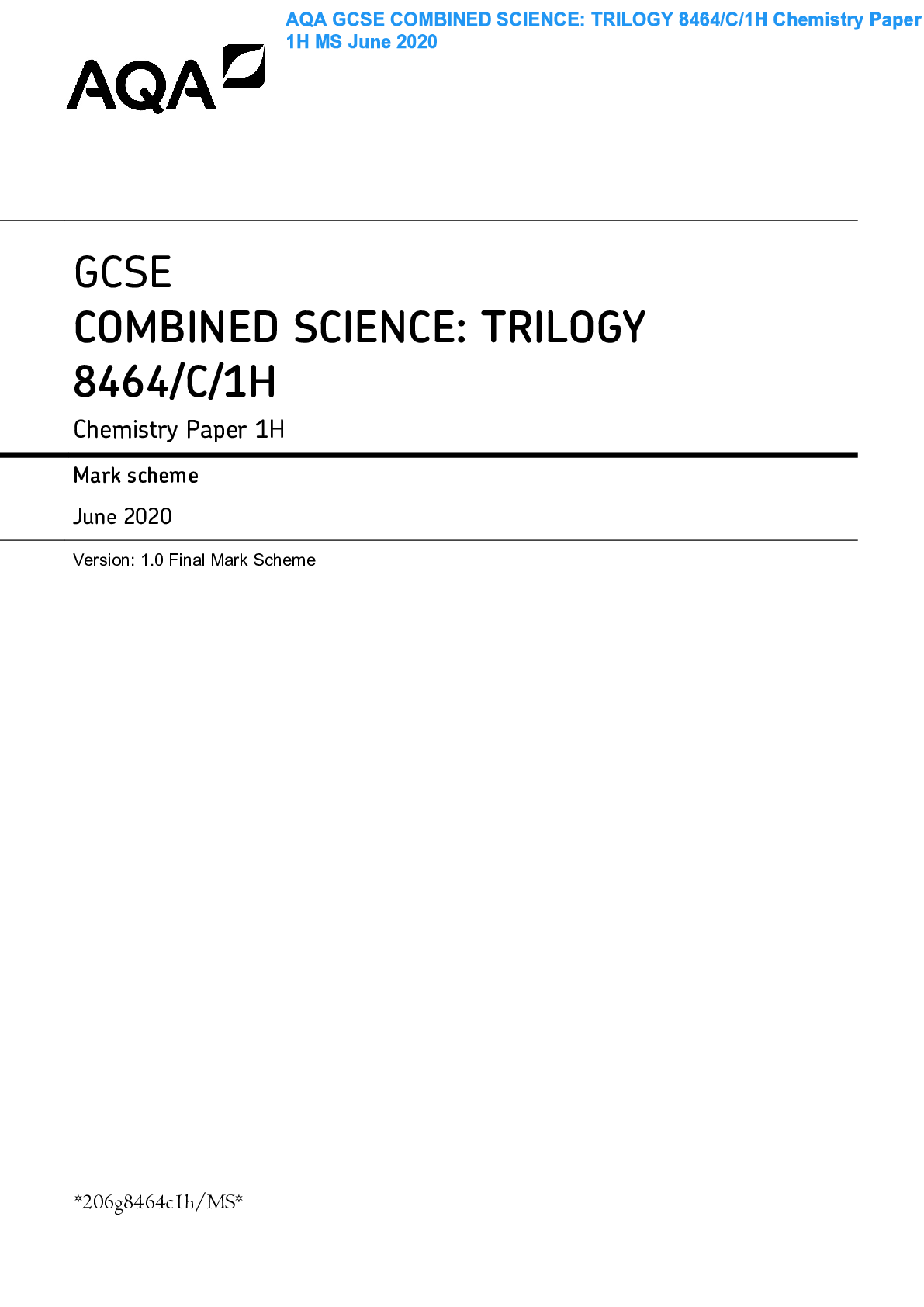
.png)
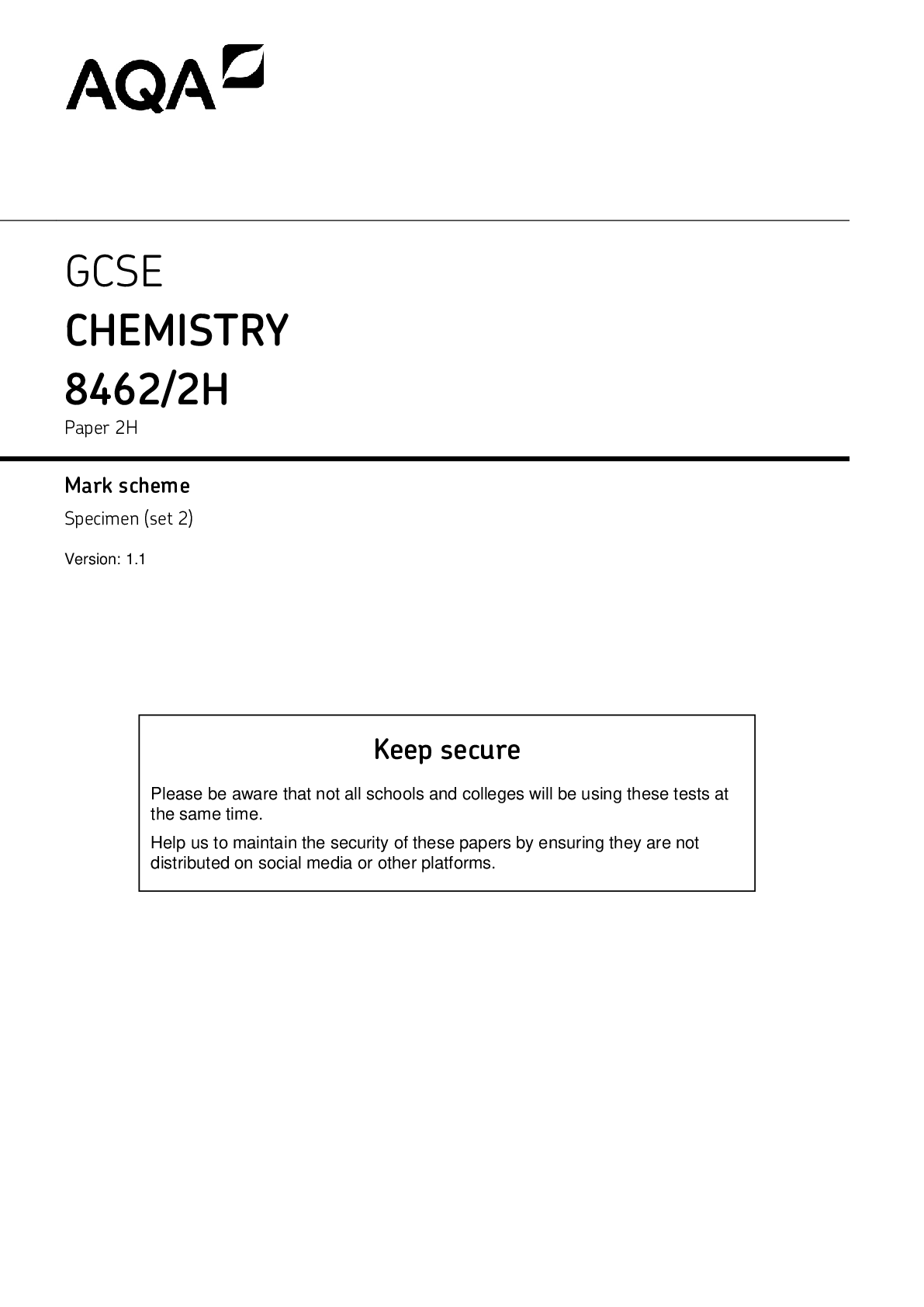
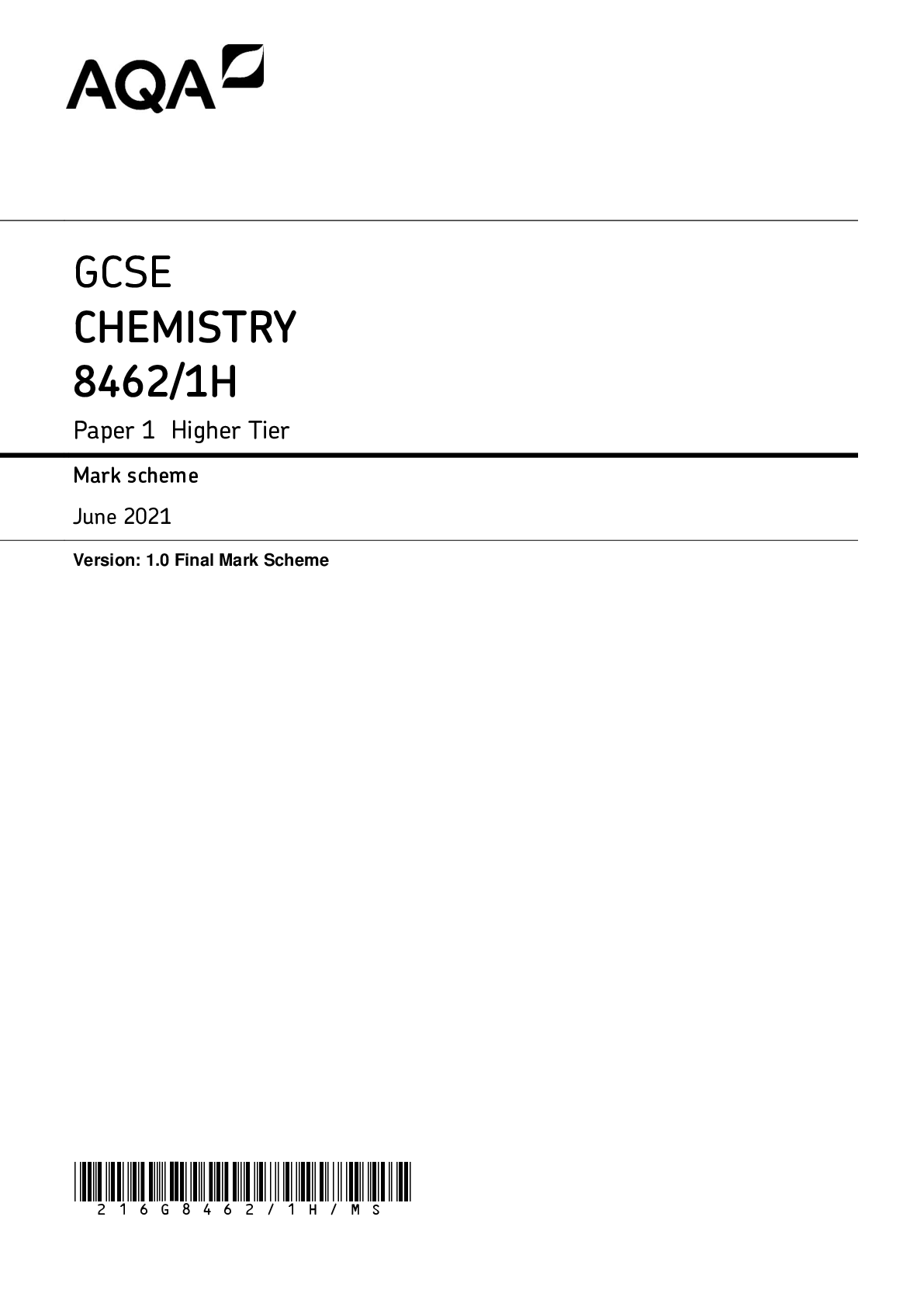
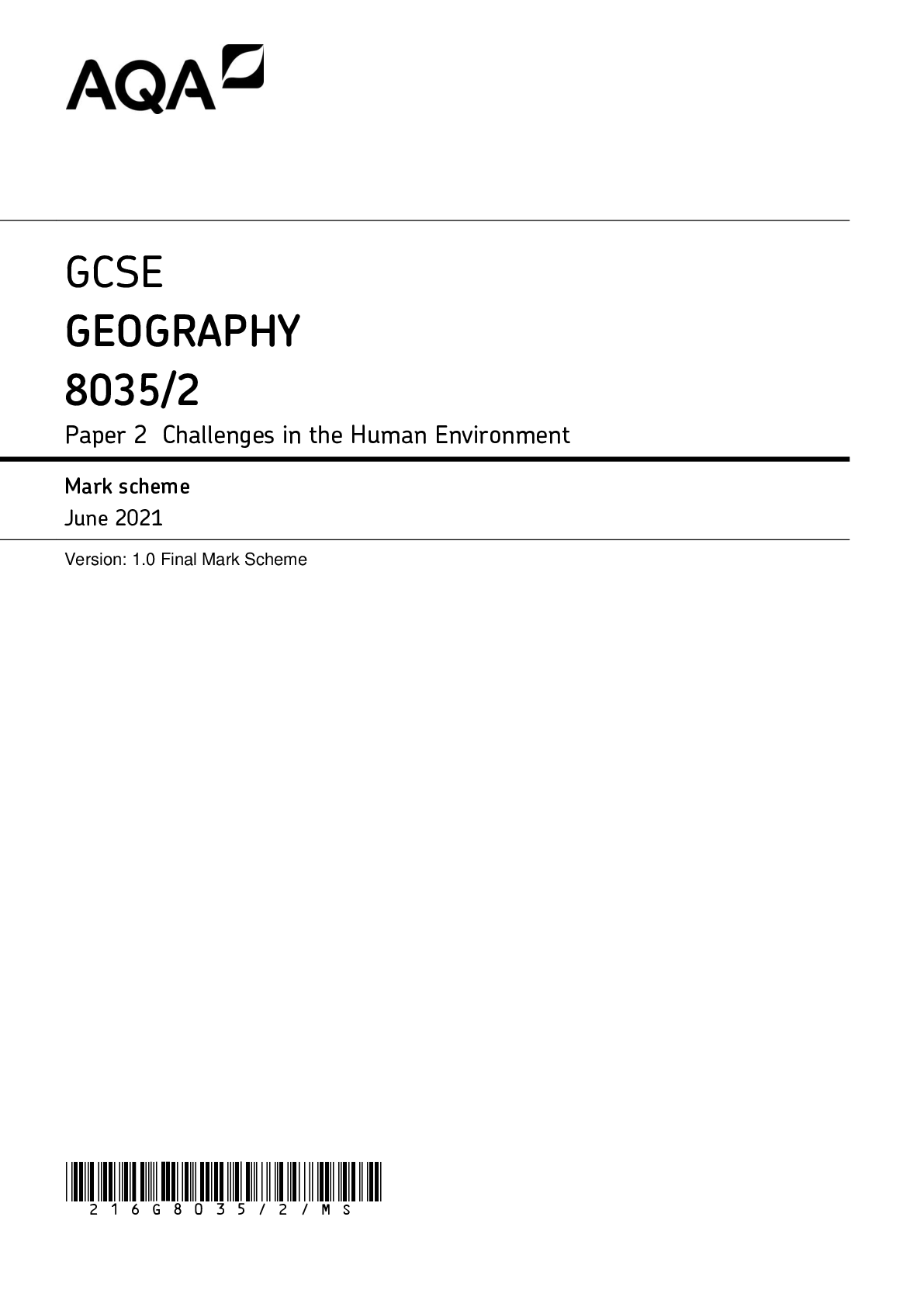
.png)
